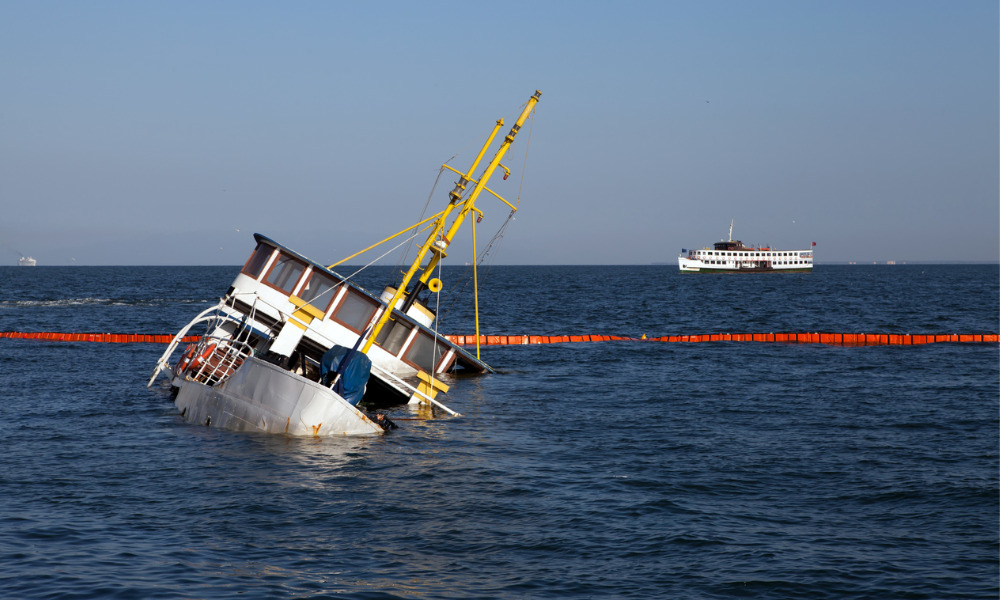
On-water incidents in the state have claimed 57 lives in the past 7 years

WA’s new safety equipment requirements for recreational vessels have been passed into law following its first comprehensive review in 30 years.
The new laws, which come into effect immediately, encompass a wide range of recreational vessels, including personal watercraft, tenders, and sailing dinghies. Fundamental changes introduced by the updated safety equipment laws include:
Last year, the Department of Transport (DoT) initiated a comprehensive education campaign to raise awareness about these changes. Their "It's Time to Get on Board" campaign is now complemented by a locally produced video series titled "Boating Survivors – Their Stories." This video series features emotional and confronting stories of those who have lost loved ones or faced their mortality in incidents on WA waterways. The series shows narratives from individuals whose lives have been profoundly affected by on-water incidents. It highlights boating, diving and kayaking incidents, including Shiralee's story, whose partner and three family members did not survive a return voyage from Rottnest on the vessel Yeah Buoy in 2018.
The sobering statistics reveal that on-water incidents in WA have claimed 57 lives in the past 7 years, matching the number of fatalities in the preceding 12 years. Over the past decade, the annual average death toll increased to 7.1, significantly surpassing the previous ten-year average of 4.5.
David Michael, minister assisting the transport minister, expressed optimism about the potential life-saving impact of these changes.
"The introduction of more stringent safety equipment requirements for vessels marks a new chapter in boating safety and will reduce lives lost on the water in WA. The changes maximise technology improvements, particularly in regard to marine rescues, and ensure lifejackets are always carried and worn when risk is elevated while on the water," Michael said.